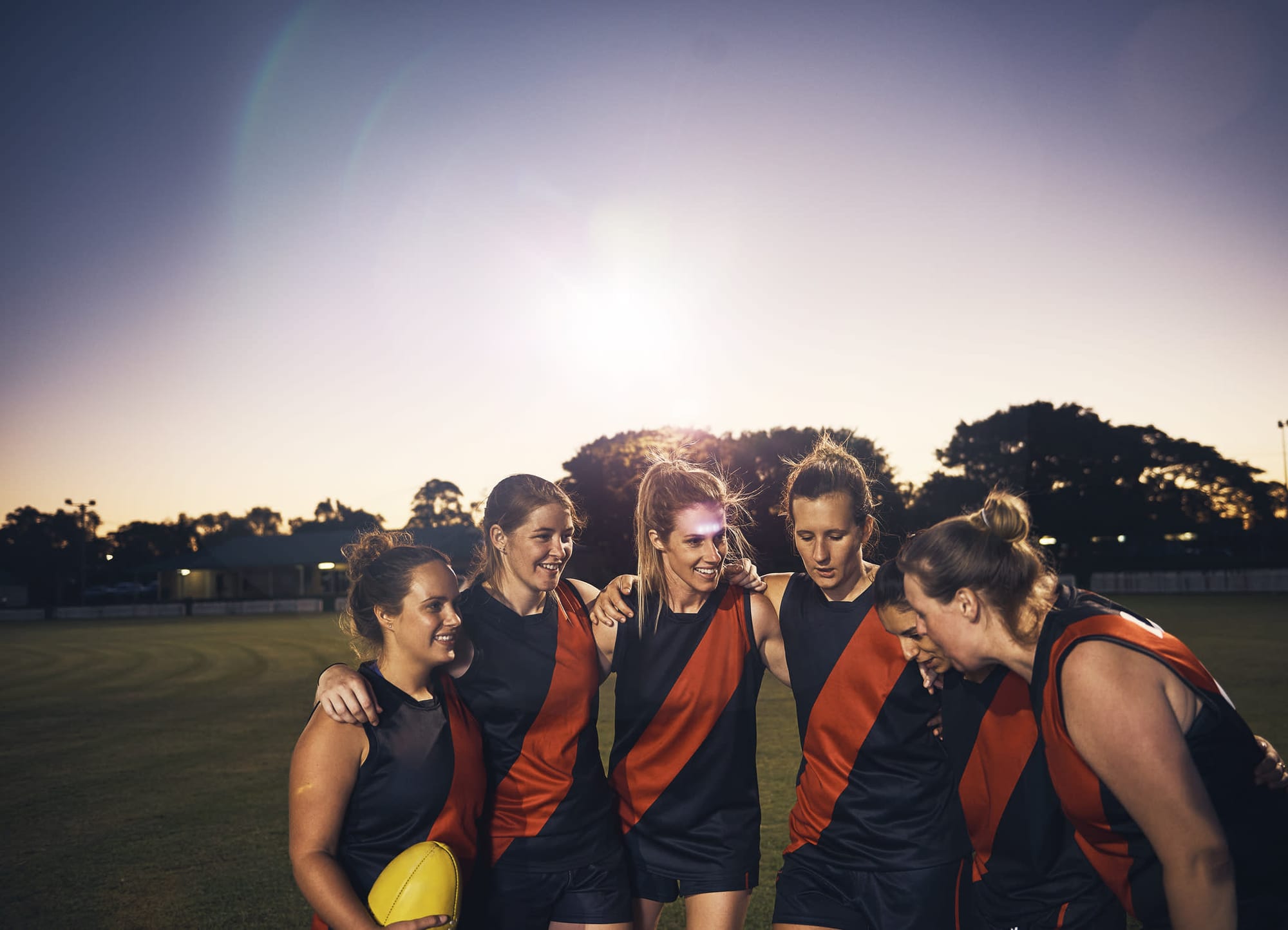
Artificial Intelligence could soon be used to to assist in judgment of minor disputes.
A new Online Dispute Resolution pilot program that will consider a range of new technologies was recently approved by the Victorian Civil and Administrative Tribunal (VCAT).
The pilot program will apply to more straightforward cases within the small civil claims division, so the technology is not supplanting human thought. Many cases of AI-assisted dispute resolutions may simply end there.
“It’s here, it’s happening,” says Professor Marilyn Warren, who retired in 2017 as Chief Justice of Victoria after 14 years at the helm.
“The question will be whether there will be leave granted to review based on AI.”
Professor Warren, a Monash University Vice-Chancellor Professorial Fellow, was the first woman appointed chief justice in an Australian state or territory.
She was one of four leading thinkers who joined 2030: Your Future, Reimagined on International Women’s Day.
Hosted by Monash University's Faculty of Law and compered by law/arts student Alana Hale, 2030 was a preview of the next decade of technological and social advances, as seen through the eyes of influential professional women.
Robot lawyers
“We (incorrectly) jump from AI to the end of lawyers,” says Michelle Mahoney, executive director of innovation at King & Wood Mallesons.
“There’s actually quite a moat between those two things.”
Ms Mahoney says that while AI is beginning to take hold, it's not a threat to the job prospects of law graduates or to the job security of legal professionals.
Instead, she says, it can be used to automate non-productive or "busy work" in order to free people to put their human intellect towards a better purpose.
Caroline Kirton, a judge of the Federal Circuit Court of Australia, echoes this thought.
While the next decade will see exponential changes in the way our legal system functions, one thing will remain constant: “That is the need for good advocacy and good advocates in court."
Professor Warren believes AI presents a different kind of opportunity.
“AI can and should be controlled and implemented substantially by women,” she says. “The sheer force of women in the profession [by 2030] will be at the forefront of AI implementations.”
"Technological change will transform the way women live and work,” she says. “It will be as transformative as World War II, when women had to step in to get things done."
“AI can and should be controlled and implemented substantially by women.”
The discussion provided the panellists an opportunity to reflect on some of the massive societal changes that have occurred during their professional lives, as well as changes happening now.
Dr Bridie O’Donnell has encountered the pitfalls of being a woman in two fields of work traditionally dominated by men: sport and medicine.
“When I started surgical training, only one out of 15 were women,” says Dr O’Donnell. "You had to be a certain weight, a certain height", and sometimes women’s potential as surgeons was questioned because some men thought their hands weren’t big enough.
In the intervening years, the profession has changed for the better.
It’s a similar story with Dr O’Donnell’s other specialty.
A world record-holding cyclist, Dr O’Donnell is the inaugural head of Victoria’s Office for Women in Sport and Recreation, set up in 2017.

"When it comes to women in sport, what we're seeing is an absolute watershed,” she says. "But we're still suffering from the curse of comparison.”
Dr O’Donnell stresses that women’s constant comparison to their male sporting counterparts occurs at all levels of sport and recreation. She says this mindset impedes women’s willingness to participate in sport, despite the well-known social, physical and psychological benefits it provides.
Professor Warren marvels at the profound technological advances she's witnessed during her career.
"This month marks 50 years since I started my Monash law degree," she says.
"For the first 40 years, technologically, [the legal profession] was doing things more or less as we were in the 19th century. The last 10 years have been extraordinary."
“There are times when you just have to be courageous”
Professor Warren says being the first woman appointed as a chief justice caused “a lot of fuss and comment at the time”.
“But my approach was to be genderless. I didn’t see myself as a woman, I saw myself as my particular role.”
She stresses that while she's received barbs in her various roles over her career, including as a solicitor and barrister, she focused on being the best lawyer she could be.
“I didn’t go in with my armour strapped on, ready for a fight,” she says.
“You don’t do these things because you’re a courageous person; there are just times when you just have to be courageous.”
Professor Warren has advice for women of all ages and at all stages in their careers.
“The key is when the opportunity comes along, so many women back away and don’t take it on,” she says. “I encourage all women – don’t let those opportunities go past you.”





